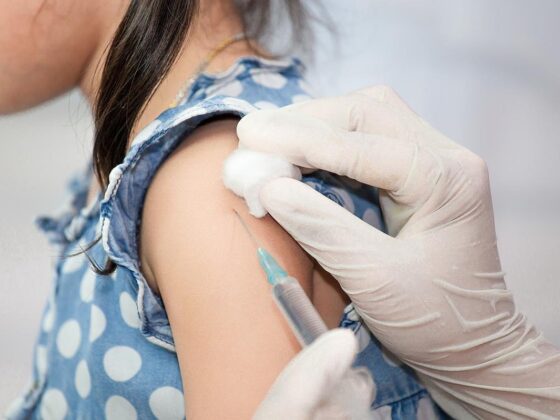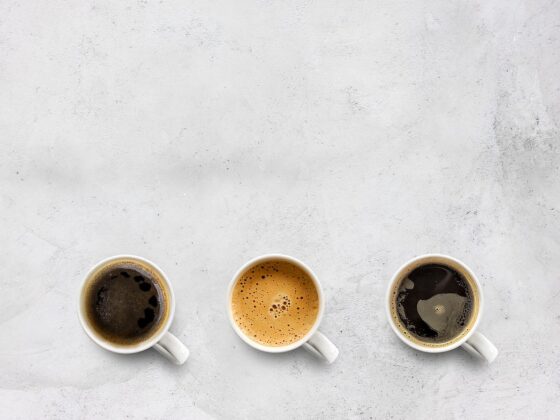Don’t Get Fooled Again
Imagine if April Fools’ Day wasn’t just a single day of the year but a regular event—how fantastic would that be for pranksters? They’d have endless chances to unleash their creativity and pull off playful tricks. And for those who love a good laugh, being the butt of a harmless joke might seem like a small price to pay for some extra giggles.
But here’s the twist: not all trickery is as harmless as April Fools’ Day. Misinformation and disinformation can have serious consequences, affecting our opinions, decisions, and even our health in harmful ways. Unlike the lighthearted pranks we look forward to on April 1st, these deceptions come with no quick reveal or friendly laugh. They can warp our reality and lead to real-world repercussions that go far beyond mere fun and games.
When ‘Right’ Goes Wrong
We all have an inherent need to be right. It’s human nature to seek validation and certainty in our beliefs. Yet, here’s the catch: falling for and spreading misinformation undermines this very need. Misleading or false information can reinforce our biases, giving us a false sense of being correct.
Ironically, by spreading misinformation, we not only mislead others but also risk our own credibility. Instead of boosting our sense of being right, we dive into a world of distorted reality.
Truth Through Scrutiny
To truly get to the bottom of what’s accurate, we need curiosity and critical thinking. This means examining information closely before we accept or share it. By doing this, we align our beliefs with the truth instead of just the illusion of being right.
In our digital age, separating fact from fiction is more challenging than ever. Algorithms amplify content, and AI-generated images can make false information look strikingly authentic. Navigating this complex landscape requires strong media literacy skills and a vigilant approach to verifying sources. Fortunately, there are numerous independent, non-partisan fact-checking resources available to help us to quickly sift through the noise. Websites like these provide valuable tools to verify information and combat misinformation:
- FactCheck.org
- SciCheck
- Misinformation Dashboard: Election 2024
- RumorGuard
- AP Fact Check
- Reuters Fact Check
It’s always a smart move to double-check your facts before sharing them. By consulting at least two fact-checking resources, you can help ensure the accuracy of the information you’re passing along!
Happy reading,
- Real News: current healthcare news, including free COVID tests, Type 2 diabetes prevalence increases, and GLP-1 weight loss provided at cost.
- Foolish Games: fake news from stranger preferred over a friend, fewer think childhood vaccines are important and doctors’ negative judgment of patients with unreasonable beliefs.
- Evidence Matters: the impact of dialysis for end-stage kidney disease, childhood vaccines saves lives, and knee & hip replacement in younger patients.
- Foodish Thoughts: including my personal favorite, The Unlikely Popularity of Grape-Nuts Ice Cream!
Real News
Reuters
US to offer free COVID tests in September as part of fall campaign
HealthDay
Number of Americans With Type 2 Diabetes Jumped by 20% in a Decade
Fierce Healthcare
Sesame to offer compounded semaglutide ‘at cost’ as weight loss drug competition heats up
Foolish Games
Nieman Lab
You’re more likely to believe fake news shared by someone you barely know than by your best friend
Gallup
Far Fewer in U.S. Regard Childhood Vaccinations as Important
HealthDay
Feel Judged by Your Doctor? You Might Not Be Imagining It
Evidence Matters
HealthDay
Is Dialysis Always Warranted for End-Stage Kidney Failure?
HealthDay
Childhood Vaccines Have Saved 1 Million U.S. Lives Since 1994, CDC Says
Wall Street Journal
The People Getting New Knees and Hips in Their 40s
Foodish Thoughts
McGill
Have you ever wondered why there is laughing gas in your whipped cream?
Smithsonian Magazine
The Long, Strange History of Teflon, the Indestructible Product Nothing Seems to Stick to
Atlas Obscura
The Unlikely Popularity of Grape-Nuts Ice Cream
Enjoy the weekend!
Best,
Suzanne
Suzanne Daniels, Ph.D.
AEPC President
P.O. Box 1416
Birmingham, MI 48012
Office: (248) 792-2187
Email: [email protected]

News you can trust



